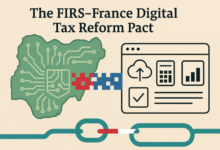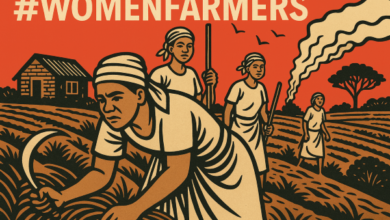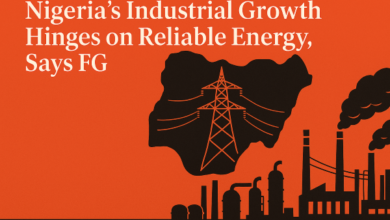NBS to release 179 reports on Nigeria’s economy
 The National Bureau of Statistics (NBS) is to release no fewer than 179 reports on different sectors of the economy this year.
The National Bureau of Statistics (NBS) is to release no fewer than 179 reports on different sectors of the economy this year.
According to the 2018 tentative data release calendar posted on the bureau’s Website, the NBS is expected to release 40 data in the first quarter.
According to the calendar analysed by the News Agency of Nigeria (NAN), the bureau will release data on consumer price index and inflation, price watch on diesel, petrol and kerosene.
Other items on the calendar are telecommunications data, monthly Federal Account Allocation Committee disbursements, gross domestic products and foreign trade merchandise.
Road transport data, exportable crops survey, prison statistics, pension asset and membership data, annual postal service data and food security survey report are also listed.
The bureau is expected to release 51 data in the second quarter.
The data will focus mainly on statistics on immigration, pension asset and membership, job creation, smart nutrition survey and labour force as well as capital importation report.
It will also focus on air transportation data in addition to petroleum products data and inflation reports.
In the third quarter, NAN reports that the bureau will release 46 data ranging from socio-economic survey, social statistics, road transport, rail transportation data, and solid minerals and mining sector survey.
In addition, the bureau will release manufacturing sector survey report; transport and storage sector survey, and creative industries sector survey reports.
However, the bureau will be releasing 42 reports in the last quarter of the year.
It will be releasing sectorial distribution of value added tax report, petroleum products demand survey and power sector report, among others.
The bureau will also be releasing monthly reports on FACC disbursements, consumer price index and inflation reports as well as price watch on diesel, petrol and kerosene.
NAN recalls that NBS released no fewer than 162 reports on different sectors of the economy in 2017.
Posted by Juliet Ekwebelam










